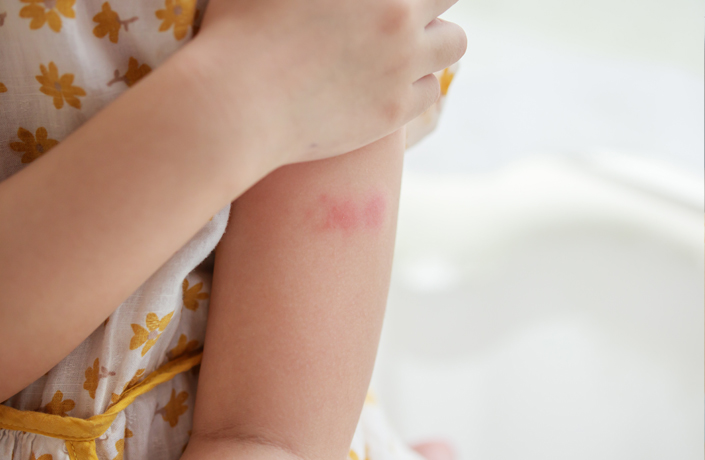
Eczema and allergic skin conditions
Eczema and allergic skin conditions are both skin conditions that can cause itching, redness, and inflammation. However, they are different conditions with different causes and treatments.
- Eczema is a chronic skin condition that is often caused by a combination of genetics and environmental factors. It is characterized by dry, itchy skin that can become red, scaly, and cracked. Eczema can occur at any age, but it is most common in children.
- Allergic skin conditions are caused by an allergic reaction to a specific substance, such as pollen, dust mites, or pet dander. The allergic reaction causes the skin to become inflamed and itchy. Common allergic skin conditions include contact dermatitis and allergic urticaria (hives).
The main difference between eczema and allergic skin conditions is that eczema is not caused by an allergic reaction. However, in some cases, eczema can be triggered by allergens. For example, people with eczema are more likely to develop allergic rhinitis (hay fever) and asthma.
The treatment for eczema and allergic skin conditions depends on the specific condition. However, some general treatment options include:
- Moisturizers: Moisturizers can help to keep the skin hydrated and reduce itching.
- Topical steroids: Topical steroids can help to reduce inflammation and itching.
- Antihistamines: Antihistamines can help to reduce itching and swelling.
- Phototherapy: Phototherapy is a treatment that uses ultraviolet light to reduce inflammation.
If you are experiencing skin problems, it is important to see a doctor to get a diagnosis and treatment.
Here are some tips for managing eczema and allergic skin conditions:
- Avoid known triggers.
- Keep the skin clean and moisturized.
- Use mild soaps and detergents.
- Wear loose-fitting clothing made from natural fibers.
- Take cool baths or showers.
- Apply cool compresses to the affected area.
- Use a humidifier to add moisture to the air.
- Get enough sleep.
- Manage stress.
If you have any questions or concerns about eczema or allergic skin conditions, please talk to your doctor.
